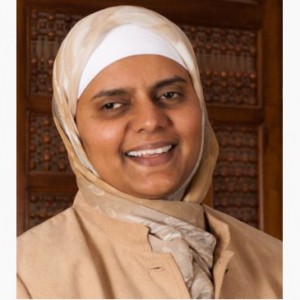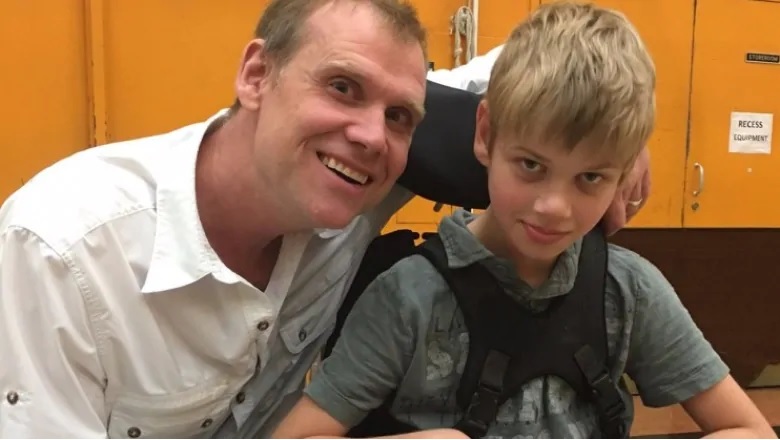Prisons and Disability

My guest today was Margo Schlanger, professor at the University of Michigan law school. Over her decades of legal advocacy, Margo has been heavily involved in prison reform and decarceration efforts- with a focus on prisoners with disabilities.
Although I had known that people with disabilities were disproportionately incarcerated and subject to forms of carceral violence, I acknowledge that there is and was a lot I didn’t know.
I found this interview especially challenging. I struggled first, to find a Canadian guest who would be able to speak to disability issues and the prison industrial complex in Canada. I realized that there was a well-developed prison abolition movement in Canada, but no organizing specific to disability and the prison industrial complex was apparent. So, this interview is a way to get that conversation started closer to home.
The issues facing inmates with disabilities are numerous and apparent at every stage of the incarceration process- intake, assessment, and discharge.
The use of solitary confinement for people with severe mental health concerns was seen as cruel and unusual punishment but despite regulations, it remains in use. The issues are numerous and would require a more in-depth discussion.
What I would like to do, perhaps in future episodes of the program, is to build on this conversation and ask about the possibility of prison abolition and think about alternatives to policing, prisons and the carceral state.









